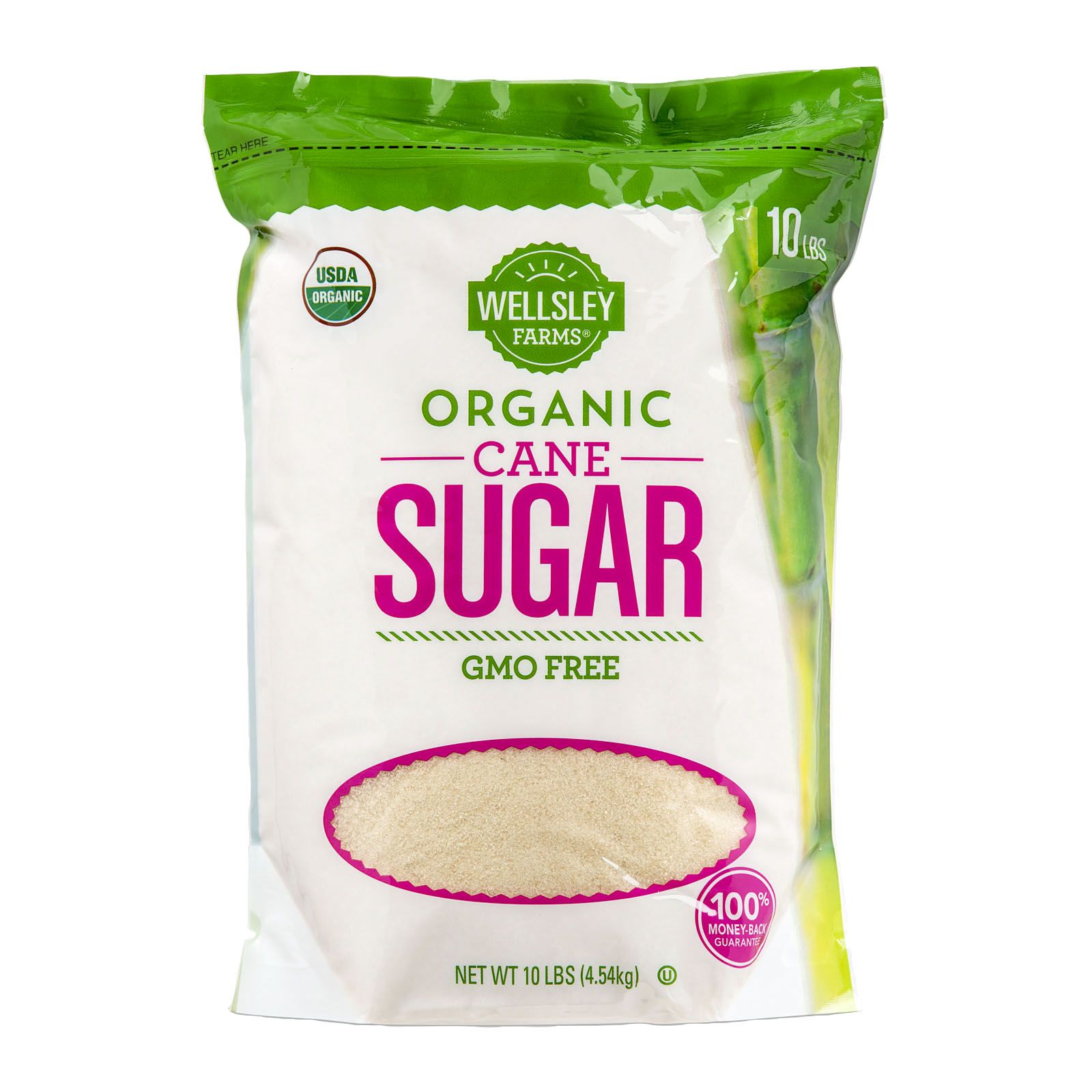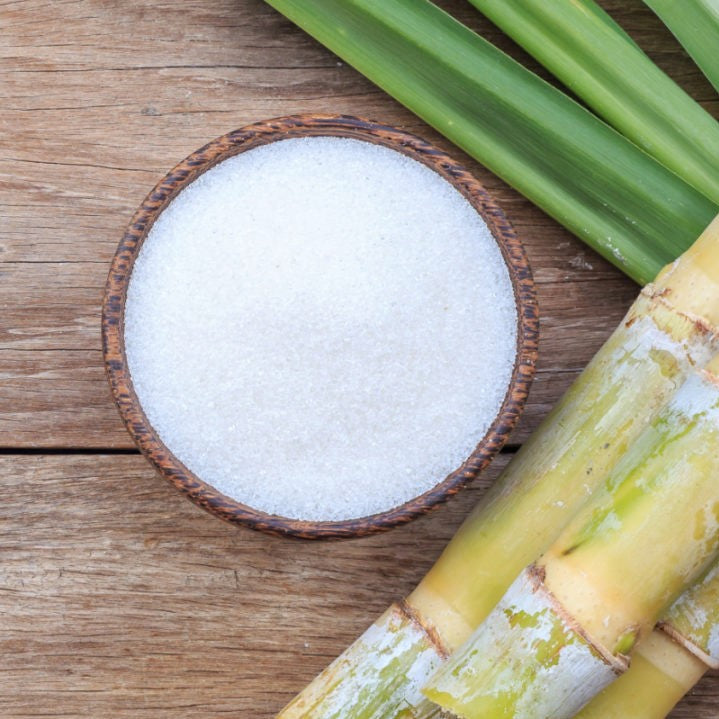Efficient Cane Sugar Processing: Taking Full Advantage Of Return and Purity
An In-depth Summary of the Health And Wellness and Economic Implications of Walking Stick Sugar Processing on Regional Areas
Cane sugar processing plays a critical duty in shaping the economic landscape of local areas, using employment opportunities and promoting supplementary sectors. The health and wellness implications linked with high sugar consumption can not be forgotten, as they contribute to increasing prices of weight problems and diabetes mellitus.
Economic Advantages of Walking Cane Sugar Handling
Walking stick sugar processing provides significant financial benefits that expand beyond the instant farming industry. The farming and processing of sugarcane develop many task chances, from farming to manufacturing and circulation. This work generation not just sustains local economic situations but also promotes area advancement by providing secure revenue sources for families.
Additionally, the sugar market promotes ancillary companies, including transportation, equipment supply, and packaging solutions (Cane Sugar Processing). As these fields grow, they add to a more durable financial structure, boosting overall area durability. The export potential of processed walking cane sugar additionally magnifies financial benefits, positioning regions as competitive gamers in worldwide markets
Financial investment in modern handling centers can bring about raised productivity and effectiveness, thereby minimizing waste and enhancing source usage. This shift not just profits the regional economic situation yet likewise sustains sustainability efforts by reducing environmental impacts.
Additionally, the profits generated from cane sugar handling can be reinvested in local infrastructure, education, and healthcare, promoting all natural community development. Overall, the financial benefits of cane sugar handling are complex, providing a foundation for sustaining prosperity in farming areas.
Wellness Dangers Related To Sugar Consumption
Excessive sugar consumption positions substantial health dangers that call for severe focus. High intake of added sugars, particularly from refined foods and beverages, has been linked to countless health and wellness complications.
Moreover, high sugar intake is connected with heart disease. Raised blood glucose degrees can bring about insulin resistance, a forerunner to numerous heart-related issues. Additionally, sugar can have destructive impacts on oral health, resulting in cavities and periodontal disease, as germs in the mouth thrive on sugar, creating acids that deteriorate tooth enamel.
Furthermore, arising research suggests a potential link between high sugar usage and mental health and wellness problems, such as clinical depression and stress and anxiety. As areas face these wellness risks, it comes to be vital to promote awareness and urge healthier nutritional selections. Addressing sugar intake is crucial not only for individual wellness yet likewise for the general health of neighborhood areas, highlighting the need for comprehensive public wellness techniques.
Environmental Impacts of Sugar Production
Regularly overlooked in conversations regarding sugar's implications is the significant environmental effect of sugar production. The cultivation of sugarcane often demands comprehensive land usage, leading to deforestation, loss of biodiversity, and interruption of neighborhood ecosystems. The conversion of forests and wetlands into sugar ranches can lead to habitat destruction, threatening various varieties and changing environmental equilibrium.
Moreover, sugar production is resource-intensive, consuming significant amounts of water for irrigation. This can cause depletion of local water sources, negatively affecting both agricultural practices and neighborhood accessibility to tidy water. In addition, using chemical plant foods and pesticides in sugarcane farming can add to soil destruction and water contamination, as runoff from these chemicals gets in nearby rivers and lakes, influencing aquatic life and human health and wellness.
The ecological impact includes the processing phase, where energy consumption and waste generation additional worsen environmental problems. Air contamination from burning sugarcane more information fields, along with greenhouse gas exhausts, contribute to climate adjustment. Thus, the ecological ramifications of sugar production warrant serious factor to consider, prompting stakeholders to adopt even more sustainable methods to alleviate these unfavorable results on local ecosystems and communities.
Task Creation and Neighborhood Development
The environmental obstacles positioned by sugar manufacturing are often counterbalanced by its potential for financial benefits, specifically in job development and neighborhood growth. The walking stick sugar sector works as a substantial resource of employment in many rural locations, offering work throughout different skill degrees, from farming labor to handling and distribution functions. This employment not only supports private family members however also adds to the total financial vigor of regional communities.
Furthermore, the establishment of sugar handling facilities promotes supplementary services, such as transport services, equipment supply, and maintenance carriers. As these companies grow, they produce find out this here extra work and reinforce regional economic situations. The earnings produced from the sugar sector likewise leads to raised tax profits, which can be reinvested into neighborhood services such as education and learning, healthcare, and framework development.
In addition, the sugar industry usually engages in area growth initiatives, such as sustaining regional colleges and wellness programs, thus improving the quality of life for homeowners. By promoting solid community connections and advertising financial development, the walking stick sugar handling industry plays a vital role in uplifting neighborhood populaces, making it a crucial component of sustainable advancement methods in sugar-producing areas.
Balancing Wellness and Economic Development
In navigating the intricacies of cane sugar processing, a critical difficulty hinges on stabilizing health and wellness considerations with financial growth. The sugar sector substantially adds to local economic climates by generating tasks, stimulating associated sectors, and boosting tax obligation revenues. However, the wellness effects connected with excessive sugar consumption can bring about persistent diseases such as weight problems, diabetic issues, and cardio problems, which can burden public health and wellness systems and decrease labor force productivity.

In addition, regulative frameworks can play a pivotal role in directing market techniques towards even more health-conscious and lasting techniques. By fostering collaboration in between federal government bodies, find health organizations, and the sugar market, areas can browse the dichotomy of health and economic growth, ensuring that the benefits of walking stick sugar handling are equitably shared while prioritizing public health.
Conclusion
Finally, the handling of walking stick sugar offers both substantial economic advantages and notable health threats for neighborhood neighborhoods. While it fosters task production and boosts local growth, the involved health and wellness problems, especially pertaining to excessive weight and diabetic issues, necessitate a careful harmonizing act. By promoting accountable intake and investing in neighborhood education and sustainable practices, it is possible to optimize economic benefits while decreasing negative health effects, thus making certain a much healthier future for regional populaces.
In addition, sugar can have destructive results on oral health and wellness, resulting in cavities and periodontal illness, as microorganisms in the mouth grow on sugar, generating acids that erode tooth enamel.
Attending to sugar consumption is critical not only for individual wellness however likewise for the total wellness of regional communities, stressing the need for detailed public wellness strategies.
Frequently ignored in discussions about sugar's implications is the significant environmental impact of sugar manufacturing. The health and wellness ramifications linked with too much sugar intake can lead to chronic illness such as weight problems, diabetes, and cardio issues, which can worry public health systems and diminish labor force productivity.
